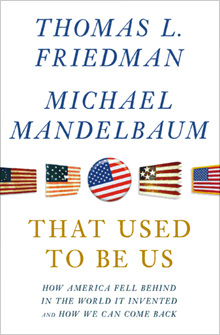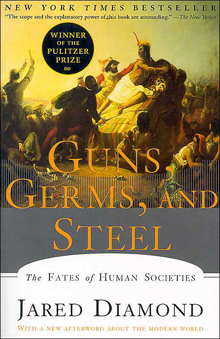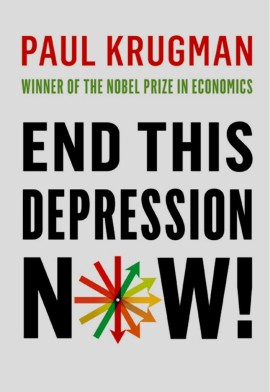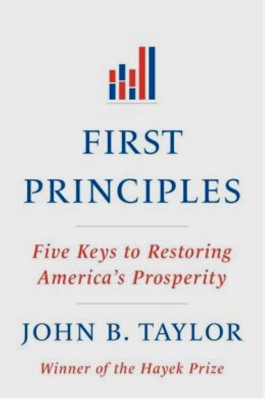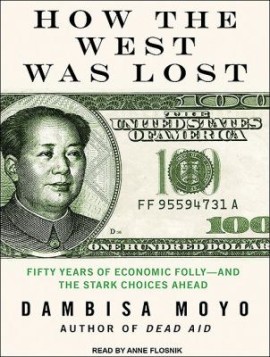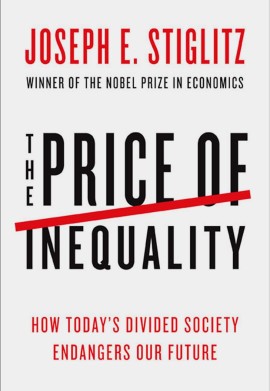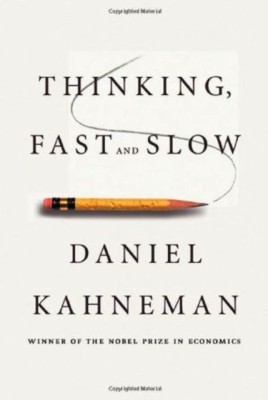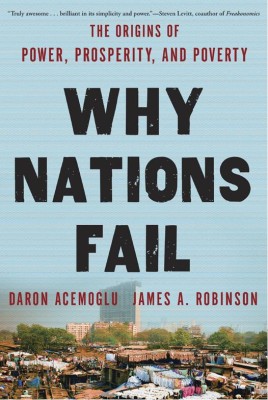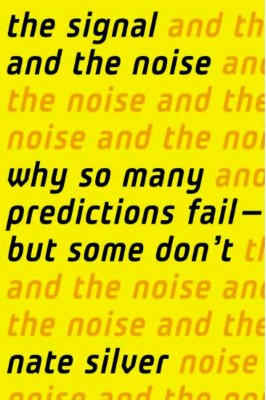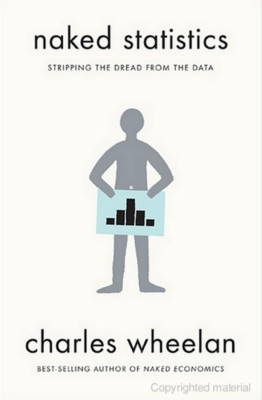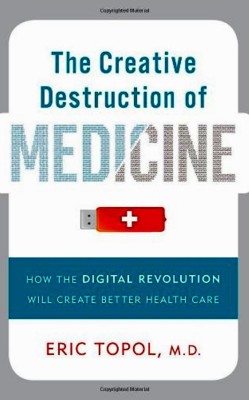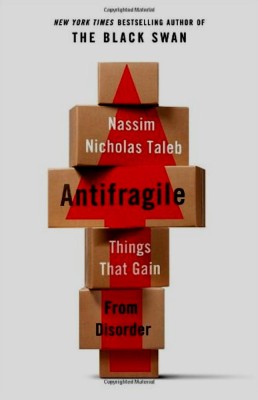Quality & You
Quality must affect every conversation and interaction that we have with peers, subordinates, and leaders; every interaction that we have with co-workers, friends and family. That is why Quality is Everyone’s Business.
Did you know that people have been trying to define “quality” for more than a thousand years? I found one of the earliest attempts by the Greek philosopher Aristotle from his text the “Nicomachean Ethics.”
Here is where Aristotle calls out the virtues of excellence: “Formed in man by his doing the actions, we are what we repeatedly do… excellence in a complete life… [is what] makes a man blessed and happy.”
The conclusion? Quality is not an act, but a habit.
The first step to acquiring any habit is through repetition. For quality, this means continuously pursuing everything that we believe is excellent. Moreover, it requires total dedication – from you and everyone around you.
Before we can take these first two steps, we must accept quality as personal responsibility. That’s the essence of people power – a process propelled by rational thinking passed down from ancient times—from Aristotle no less!
Attaining quality requires the dedication of the whole universe of stakeholders – people with whom you interact and frequently communicate; every supplier and distributor as well as every manager and frontline worker and, of course, your friends and family.
The quality habit belongs to anyone who decides to embark on the path to excellence. I believe that’s what Aristotle meant when he wrote “we are what we repeatedly do.” But what happens after that?
When people adopt the quality habit, other people notice. People who lead—whether it’s a team at work or the family at home—have a special duty to reinforce that message constantly. They must deliver the message in every meeting and encounter they have and by walking the talk, demonstrating their commitment to quality in their lives. If not, who do they follow? Without such a leader, who will answer the call for quality?
The best leaders of quality make sure that everyone has a chance to speak his or her mind. They sharpen the focus on quality by example. They are the cheerleaders, but they are also the collaborators. Leaders and followers alike must believe that, in the end, the pursuit of quality applies to all the people, all the time.
Quality also means having an “I-can-do-it” mentality. If you treat a co-worker or your spouse like a child, don’t expect them to behave like an independent-minded, responsibility-seeking adult. There’s a direct connection between empowering people with confidence and support, and their attitudes towards believing in and improving quality.
Quality is unique to everyone. There’s no such thing as “one size fits all” in quality. It’s always tempting to look for a policy or a procedure that can be applied across the board to situations to fix a quality problem. Sure, it would make life so much simpler. But let’s be real. When has that ever worked on a sustainable basis?
Whether it’s fixing an issue or making something as perfect as we can, the maintenance of quality requires adjustments in the process that evolves with specific needs for each situation. Even though hammers and screwdrivers are handy tools, you wouldn’t try to tighten a screw with a hammer or straighten a piece of metal with a screwdriver. The way you’ve always handled a situation in the past may not be appropriate or realistic because circumstances are different.
I don’t like using cliché terms because they tend to trivialize meaning, but in this case quality truly requires “out of the box” thinking; creative applications of old ideas, or new approaches that produce better solutions. Once you get a better understanding of how to deal with and understand what quality is, you’ll see how having a quality mindset helps you arrive at the best solution for any given situation.

























